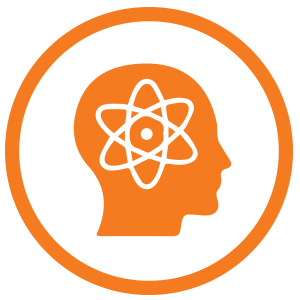Equal Opportunity Representatives and Officers
What They Do: Monitor and evaluate compliance with equal opportunity laws, guidelines, and policies to ensure that employment practices and contracting arrangements give equal opportunity without regard to race, religion, color, national origin, sex, age, or disability.
Also Called: Affirmative Action Officer (AA Officer)Civil Rights InvestigatorCivil Rights RepresentativeComplaint Investigations OfficerEqual Employment Opportunity Officer (EEO Officer)Equal Employment Opportunity Representative (EEO Representative)Equal Opportunity Specialist
Resource Details
 Knowledge
Knowledge
| Name | description |
|---|---|
| Law and Government | Knowledge of laws, legal codes, court procedures, precedents, government regulations, executive orders, agency rules, and the democratic political process. |
| English Language | Knowledge of the structure and content of the English language including the meaning and spelling of words, and rules of composition and grammar. |
| Personnel and Human Resources | Knowledge of principles and procedures for personnel recruitment, selection, training, compensation and benefits, labor relations and negotiation, and personnel information systems. |
| Customer and Personal Service | Knowledge of principles and processes for providing customer and personal services. This includes customer needs assessment, meeting quality standards for services, and evaluation of customer satisfaction. |
| Sociology and Anthropology | Knowledge of group behavior and dynamics, societal trends and influences, human migrations, ethnicity, cultures, and their history and origins. |
| Administration and Management | Knowledge of business and management principles involved in strategic planning, resource allocation, human resources modeling, leadership technique, production methods, and coordination of people and resources. |
| Administrative | Knowledge of administrative and office procedures and systems such as word processing, managing files and records, stenography and transcription, designing forms, and workplace terminology. |
| Education and Training | Knowledge of principles and methods for curriculum and training design, teaching and instruction for individuals and groups, and the measurement of training effects. |
| Psychology | Knowledge of human behavior and performance; individual differences in ability, personality, and interests; learning and motivation; psychological research methods; and the assessment and treatment of behavioral and affective disorders. |
| Computers and Electronics | Knowledge of circuit boards, processors, chips, electronic equipment, and computer hardware and software, including applications and programming. |

